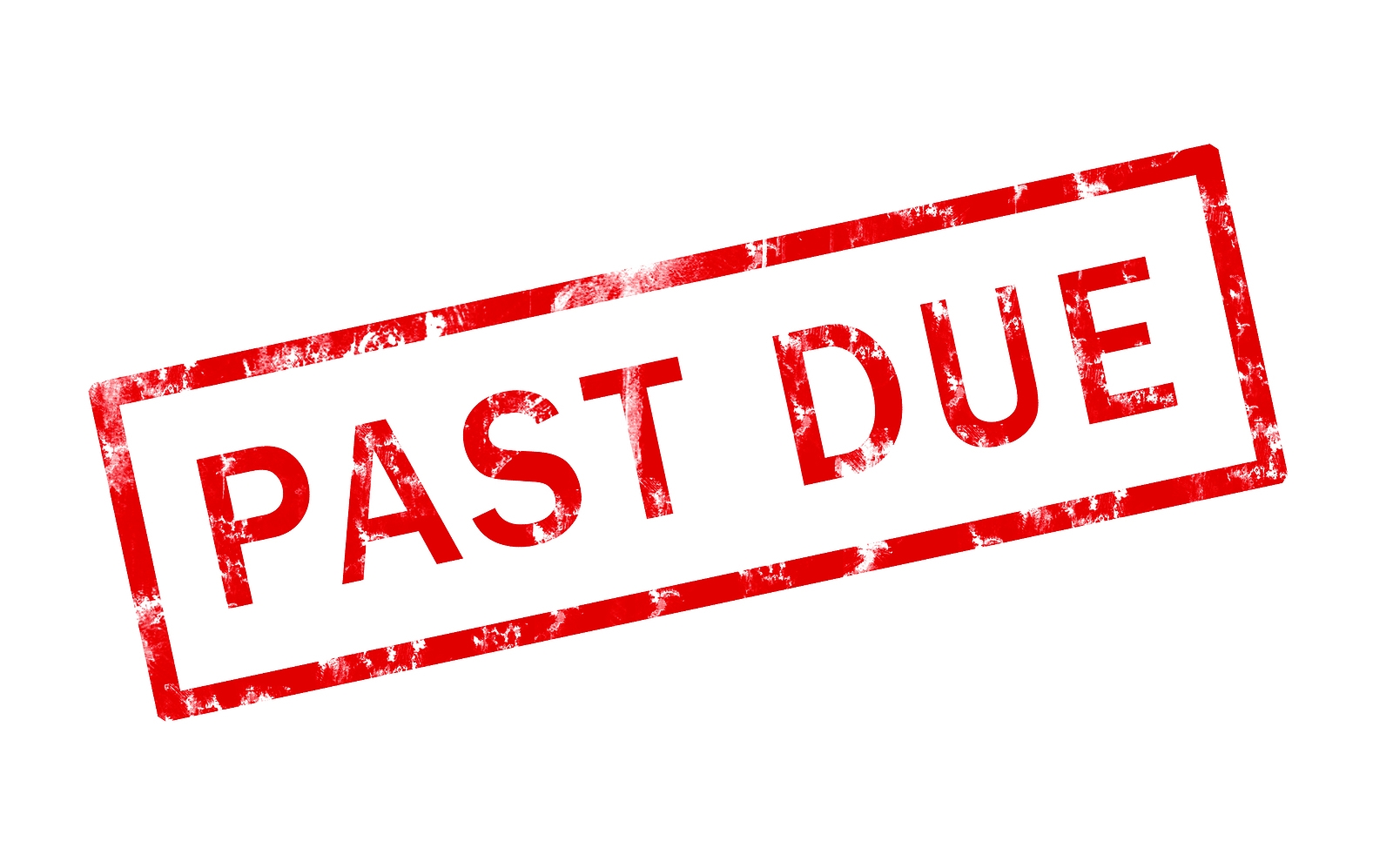If you’re running a non cash business, you rely on your customers paying what they owe once it falls due. Unfortunately, it’s unlikely that every single one of your customers will pay as soon as they’re supposed to. This can put real stress on your cash flow, the financial health of your business and of course you.
There might be many different reasons why customers don’t pay up on time. Depending on the customer you can take a variety of approaches to get as many of them to pay up as possible and improve your cash flow.
How to deal with repeat offenders
If a customer has a frequent tendency to pay late, you definitely shouldn’t be expecting them to pay on time for their next order. Your blacklist is a list of customers who you will no longer do business with because of trouble you had receiving payment from them. Depending on the severity of the situation you may consider blacklisting repeat offenders.
If you don’t want to put a repeat offender on the blacklist, you need to have a dedicated reminder process set up in order to make sure you get paid as quickly as possible. A reminder should be sent out a week before the payment becomes due, on the day that it falls due and each week thereafter.
Customers that disappear without a trace
This is your worst nightmare from a cash flow perspective. You’ve carried out the services or provided the products asked for by a customer, incurring operating costs, and they disappear without a trace before they pay you.
They won’t respond to any attempts to make contact with them and it’s reasonable to assume that they won’t be paying you, whether or not they intended to from the start. Your blacklist should be updated with their details straight away.
Using a debt collection agency or taking legal proceedings against the customer are actions you can take in order to eventually get the money they owe you. Take care that these proceedings don’t end up costing you more than the amount you are owed. Time considerations also need to be taken into account, especially for any legal proceedings. You may get your money but what amount of time will you spend away from your business, and is it worth it?
If you have resigned yourself to not receiving that payment, you will have to write off the corresponding invoice in your accounting software. It’s one of the more frustrating things you’ll have to do in business but hopefully it’s a rarity.
Companies that forget your payment details
You might have experienced this before, you call to ask about when your invoice will be paid and the response is that they’ll pay it immediately but they don’t know what your payment details are. This should not be an excuse that you allow your customers to have.
When you issue an invoice, include your payment details on it. This means that whenever your customer gets around to processing your invoice, your payment details will be immediately available to them.
Clients that can’t afford it right now
As we said at the start, there may be any number of reasons why a business isn’t paying you on time. Maybe a customer is having cash flow problems of their own because they’re not getting paid promptly. If they aren’t repeat offenders there are a couple of options for you.
You may decide to offer a discount if they pay on time. A discount may mean that can afford to pay when they are due to and you won’t have to wait to receive your revenue. Another option would be to grant an extension with some type of late payment charge or you can decide to wait it out until they can afford to pay. All of this depends on the relationship that you have with that particular customer. Indeed, by being understanding with a customer that otherwise pays on time you might even strengthen that relationship.
Keeping on top of your customers payments is important for cash flow and online invoicing can help with that. It’s not the only this that can improve your cash flow. Check out our cash flow guide to make sure you’re doing everything you can to keep your business financially healthy.





